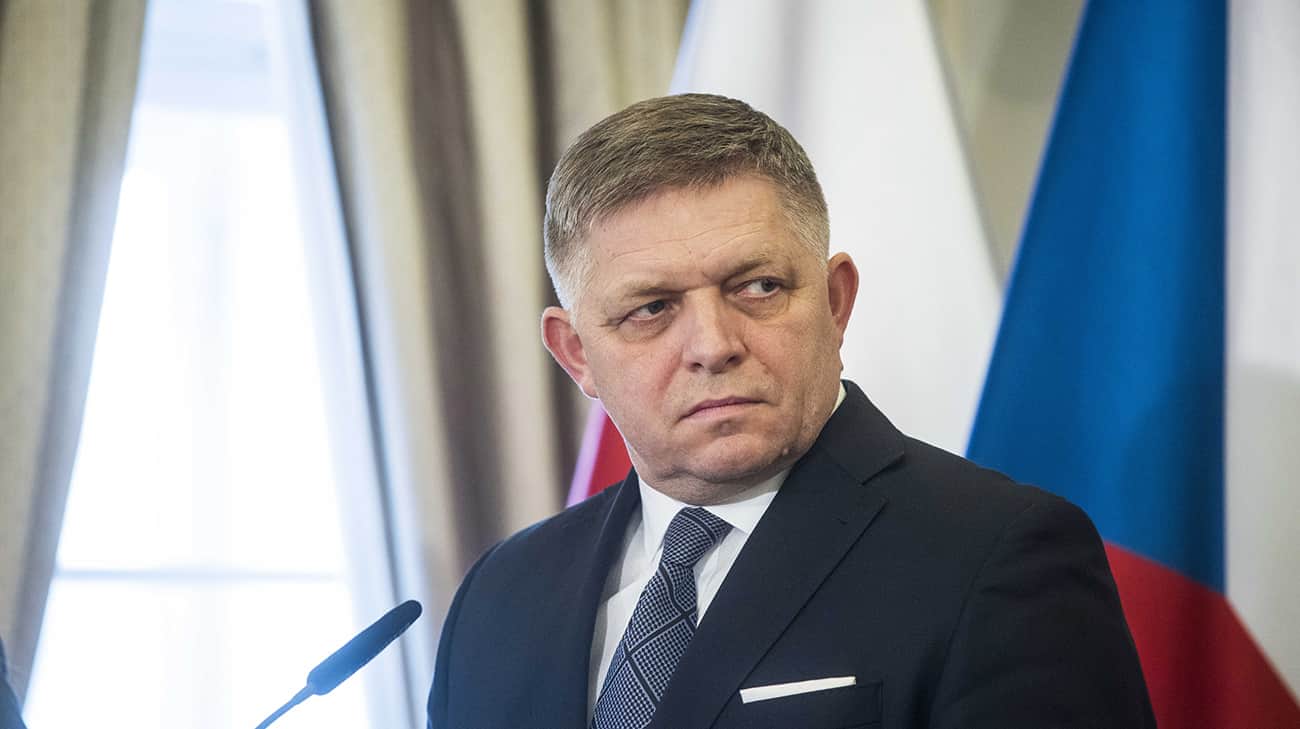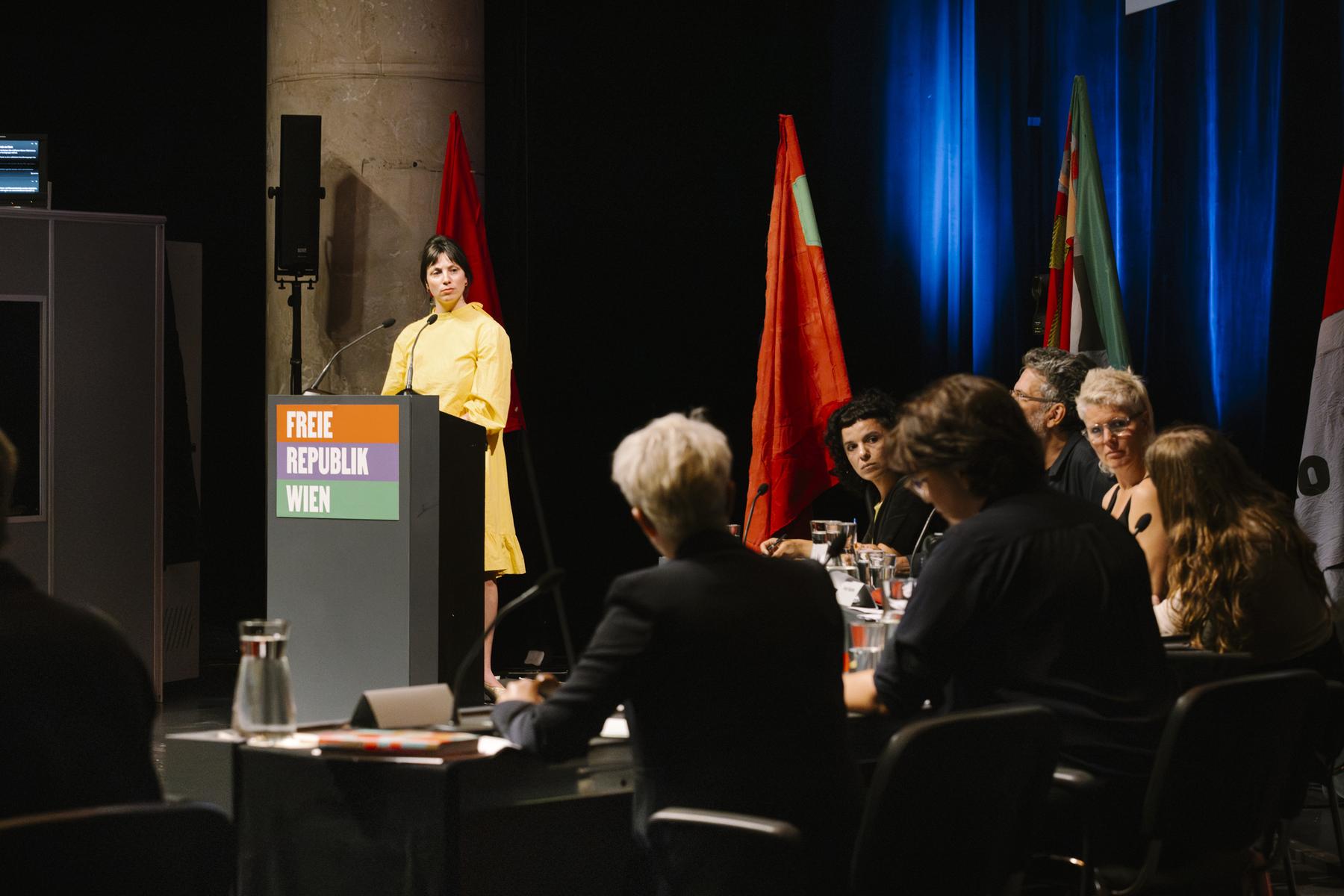XI has the most important trump card in trade war, not Trump
:format(webp)/s3/static.nrc.nl/wp-content/uploads/2025/06/14000425/data133637538-7bebeb.jpg)
Ignore the capital letters. With cries in capitals, Donald Trump celebrated the agreements that his negotiators had made with China on Social Medium Truth Social after two days of conversations in London, the relationship would be ‘excellent’ again. But the more vague the terms with which negotiators come out, the less concrete the agreements made. That can be the lesson again after this week.
After two days of negotiation, the negotiating ministers of US and China were hiding on Tuesday evening in Nevelen when they left Lancaster House negotiation location. They had agreed a ‘framework’, a framework within which further agreements should be made. The Presidents Trump and XI still had to agree. The next day, US President Donald Trump went relied released on the social network Truth Social with chest beating that there was a deal.
After accelerating the fog, it turned out that there was actually no more than a truce in the escalation that has been holding the world economy in an iron grip since 2 April. That day, President Trump announced the ‘reciprocal rates’ for more than sixty countries, with the levy on Chinese products being set at 34 percent, on top of and next to already existing taxes.
China decided as the only country to reimburse Trumps new taxes with taxes on goods from the US. In the mutual against each other, the American levies on Chinese goods rose to an exorbitant 145 percent in the following weeks and the Chinese levies on American goods exceeded 100 percent.
First Armistice
In May, representatives of the countries already met in Geneva and concluded a first truce. Soon the two superpowers accused each other to violate those agreements. China stopped the export of rare raw materials such as dysprosium and terbium. The US prohibits the export of some software, aircraft engines and ethane, which is used in the production of plastics. After a telephone conversation between Trump and Chinese President Xi, their negotiators met in London.
The strangulation of Beijing on raw materials is a weapon whose US and Europe have underestimated strength
But what has really been achieved there? China has promised to deliver the critical raw materials again, the Americans say. For the US that is of vital importance, because without those materials the magnets cannot be made that are necessary for cars, fighter jets, robots, windmills and numerous other strategic goods. The US especially promised that Chinese students are again welcome at American universities. Trump had announced in May that they should leave there.
But that’s it. At least, according to what the Americans say. In China they virtually nothing about the agreements. No document with the agreements will be published, the American Minister of Economic Affairs indicated Howard Lutnick. In any case, the Americans say that Chinese goods will continue to rest a tax of 55 percent. This is made up of the basic tax of 10 percent that has been in force to all countries since 9 April, the criminal tax of 25 percent on all Chinese goods, because China would not do enough to prevent the trade in Fentanyl, and 25 percent levies that have been in trumps since the first term of Trump.
Rare Earth metals
The lesson that can be drawn from this negotiation round is that the trade agreements that the US want to close are no longer just about taxes. Export restrictions now play a central role, and thus the possibility of destabilizing the production chains of other countries.
China feels in detail where it can hurt the US and Europe. At first very careful, but since 2 April with energeticness, the government of XI has reduced the export of rare earth metals. They are for the most part won and processed in China. It is not that these raw materials occur in few places in the world, but the extraction and processing require technical expertise, cost a lot of energy and are environmentally polluting. Western countries have never hungry much about that. The backlog is now great, it takes years before the extraction from a new mine starts.
« The strangulation of Beijing on the raw materials is one of the strongest weapons in the trade and supply chain war. The US and also Europe have underestimated that, » says Joris Teer of the Brussels think tank EU Institute for Security Studies. Striking, because since 2023, China has been to demand permits for exporting more and more materials in response to export bans for chips and chip technology by the US. « Washington has now played offensively, without putting his defense in order, » says Teer.
In his statements on Truth Social, Trump cheered that the raw materials for magnets will be delivered in full and immediately. But China strictly controls the output, wrote The Wall Street Journalby issuing permits for sixty days and thus limiting the output. As a result, it is not possible for manufacturers in Europe and the US to build up stocks and China retains a means of power to continue to put pressure in later negotiations.
It is striking that in the ceasefire nothing seems agreed about the export restrictions on chip technology and chips, with which the US started in the first term of Trump – and which then continued under President Biden. They did that to ensure that the Americans in the Technology Race – and certainly in the field of AI – continue to be at the forefront. The Americans and the Chinese did not say anything about it this week.
It seems that China also wants to radiate increasing self -confidence that it can develop sufficient technology and can work around the limitations. In recent years, China has focused strongly on an industrial policy to be self -sufficient.
Read also
China’s backlog in AI is only minimal. What does Trump do and what does it mean for ASML?
Tax
The Trump government thought it was able to find China hard with high taxes. As a production shed in the world, it is highly dependent on export for economic growth. Levings at the level of 55 percent hurt, but China seems to stay stoically underneath – despite moderate growth rates and factories that suffer from overcapacity. Here, XI seems to play the card that he can let the Chinese suffer more pain than the US can endure his own citizens. Trump and his ministers reacted delighted this week that the inflation figures were not too bad with 2.4 percent. The prediction that input taxes would chase the prices in America do not seem to come true. But many economists declare that especially because of the large stocks that were taken by importing companies, just before the taxes. They also suspect that companies try to avoid the image that they immediately raise prices.
If Trump sticks to his high levies in the event of disappointing negotiating results, then according to economic forecasts that will still be expressed in stronger prices. The pressure of American consumers – also voters – will then increase on Trump will speculate XI. That Chinese producers pay the price for it in the meantime is a pain that he will accept. In the meantime, China is also busy moving trade flows to other countries and making agreements about it.
Companies are realizing that they have to build their supply chains differently
Due to the delay tactics from XI, the negotiating game with China will be long -term, with XI who expects he will have a longer breath than Trump. The US President and his ministers indicated this week that they want to make more hurry in negotiations with other countries. In the next two weeks they can expect a letter from Washington DC with the American conditions. And they have to accept that, Trump said.
The previously set deadline for deals is on July 9. Trump and Lutnick were optimistic about the negotiations with Japen and South Korea. Negotiations with the EU could take longer. A shift from the deadline is being considered, it became clear.
But there are doubts as to whether the Trump government can handle all negotiations at the same time. « Many experts doubt whether they have enough people and resources to conduct so many negotiations at the same time in such a short period of time, » says Nikolaus Lang, at BCG consultancy responsible for geopolitics research and advice to companies. « I think we will see a lot of incomplete similarities. »
Van Trump is known to have little patience and wants to show results. The outcome that he reaches a deal is more important than the content of the agreement. The EU and other countries can and will respond to this by slowing down the negotiations, just like the Chinese. The big question is whether they can tolerate just as much uncertainty and pain in their economy if XI seems willing to accept China.
For companies, delay in negotiations means persistent uncertainty. They see more and more strongly that they have to build their supply chains differently, with the shift from a war war to a battle for the supply chains. « Many companies will no longer decide to produce in one place from a large factory. The model to supply the whole world as cheaply as possible is broken, » says Lang. « They will spread their risks and produce their products in various places around the world, and to serve the local market from there. That is less efficient, and will rush inflation in the coming years. That movement started after the pandemic and the blockade of the Suez Canal, but will now continue to accelerate. »
That also affects Trump’s ambitions. After the discontinuation of the delivery of essential raw materials, American car manufacturers said they consider moving production to China. This would only endanger the so desired reinustrialization of the US.


/s3/static.nrc.nl/images/gn4/stripped/data133163617-a42ac5.jpg|https://images.nrc.nl/jJsrEGsaa6ZjhIYoKDGnGcKrtjg=/1920x/filters:no_upscale()/s3/static.nrc.nl/images/gn4/stripped/data133163617-a42ac5.jpg|https://images.nrc.nl/fqPwGIbb-VQMf830hRTXbgZLcJY=/5760x/filters:no_upscale()/s3/static.nrc.nl/images/gn4/stripped/data133163617-a42ac5.jpg)
:format(webp)/s3/static.nrc.nl/bvhw/files/2025/06/data133574948-4d8ee8.jpg)



